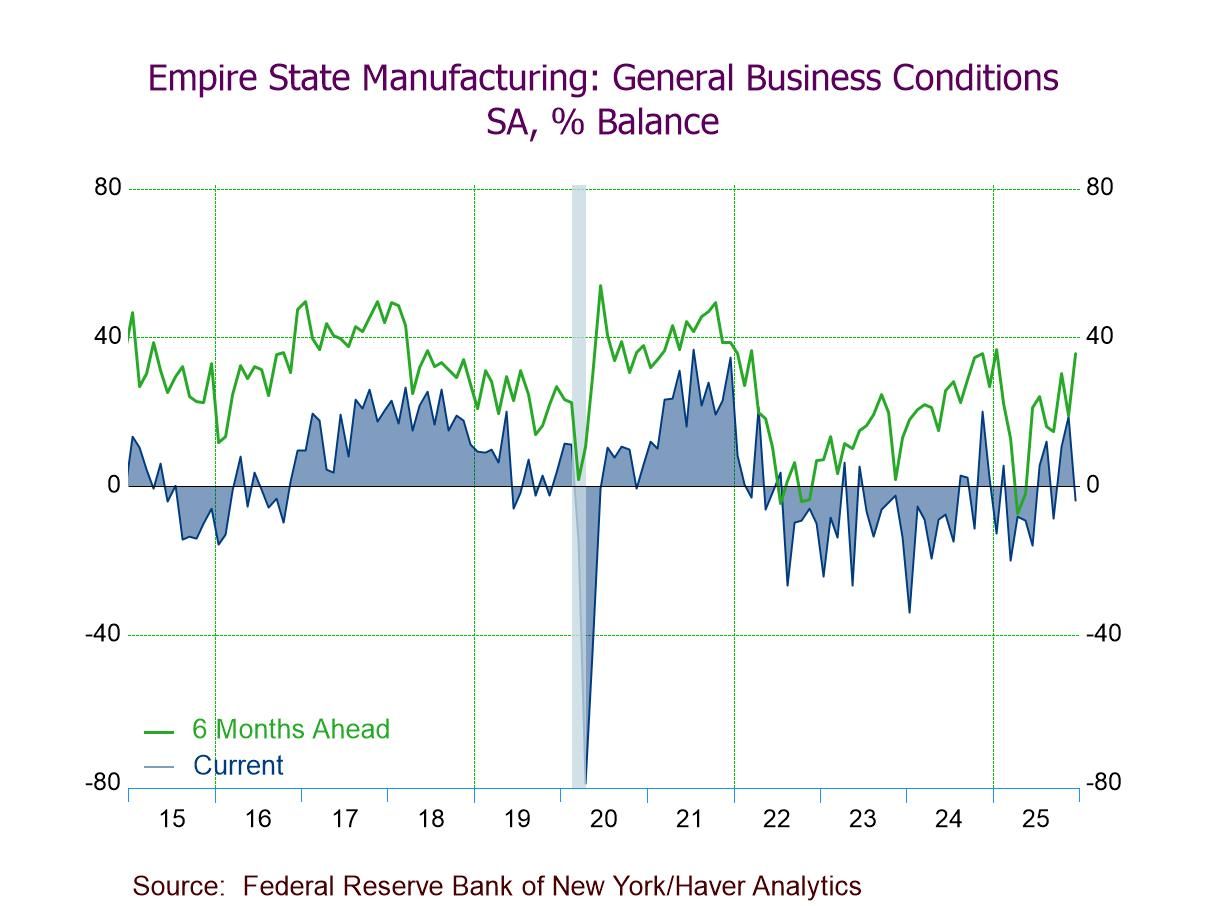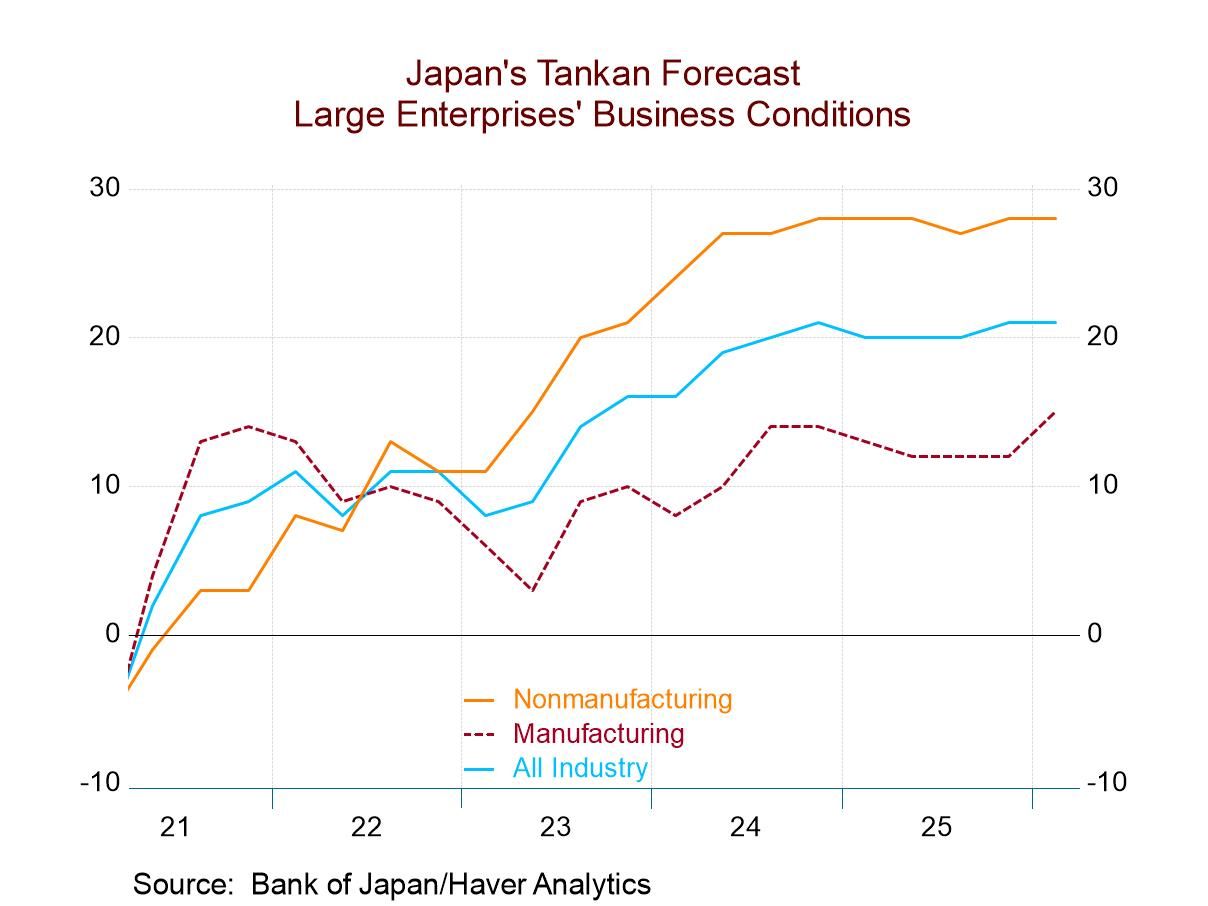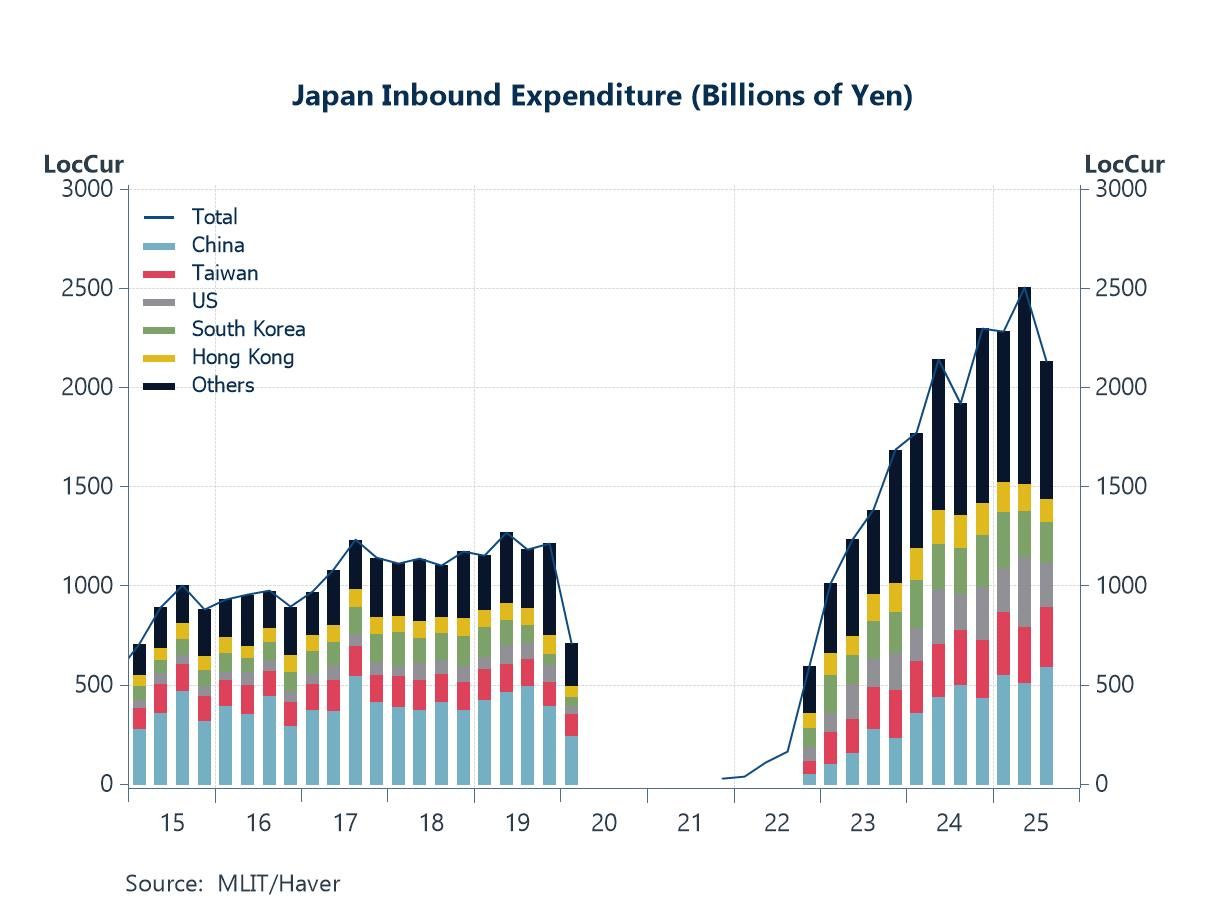 Global| May 22 2020
Global| May 22 2020U.K. Retail Sales Show Exceptional Weakness
Summary
This is just another in a series of reports that chronicles the deep impact that a lockdown has on a modern economy. The U.K. table detail shows that food, beverages & tobacco sales held up and have a near record month for sales while [...]
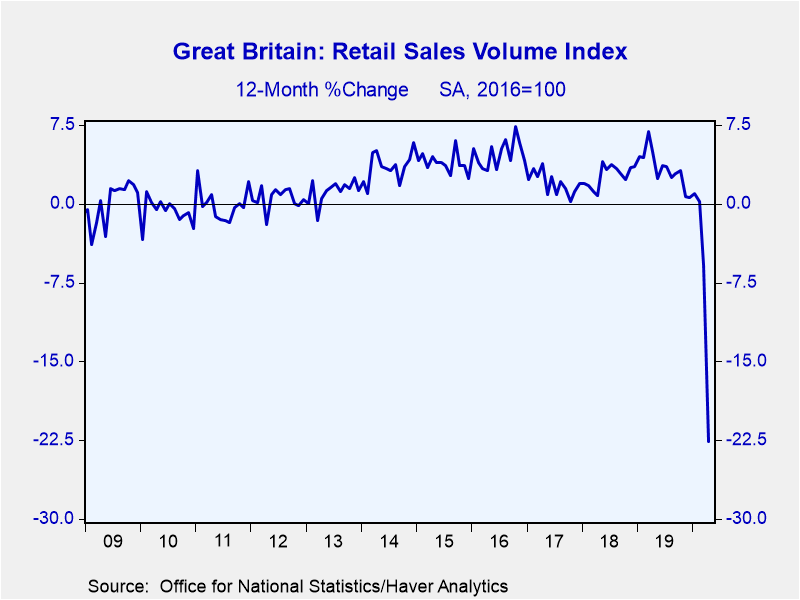 This is just another in a series of reports that chronicles the deep impact that a lockdown has on a modern economy. The U.K. table detail shows that food, beverages & tobacco sales held up and have a near record month for sales while everything else is at or near historic lows. That is not too surprising when people are locked down and the only shops open are food stores and a scattering of other essential services.
This is just another in a series of reports that chronicles the deep impact that a lockdown has on a modern economy. The U.K. table detail shows that food, beverages & tobacco sales held up and have a near record month for sales while everything else is at or near historic lows. That is not too surprising when people are locked down and the only shops open are food stores and a scattering of other essential services.
Car sales, clothing sales, volume of sales, CBI surveys on sales and orders all are extremely weak. Consumer confidence has a 3.1 percentile standing that does not imply very much optimism for the future.
Everyone knows that the lockdown is temporary. Of course, the virus is a reminder that life, too, is temporary. No one knows exactly how and when the lockdown ends and how growth and sales will progress into the future. And that added bit of uncertainty puts everyone a little on edge.
Models offered by epidemiologists have scared people into hiding. Others are restless to get back to more normal levels of activity. Some are still scared to come out even with the social distancing in practice. The evolution of recovery is going to depend on both how the government lifts restrictions and how much consumers lose their fear and come out to participate in the economy again. Social distancing will continue to hold back some economic activity and keep some businesses from reopening. Those things are a given. Some people will have lost income; others will have lost a life's work and there will be no compensating them for their losses. Some will lose their lives to this virus that disproportionately preys on the old and on people with underlying medical conditions.
Boris Johnson is under attack for his handling of the crisis. But no large economy handled it all that well. Some of the smaller economies have. Denmark has been able to get control the virus and claims it will not have a second wave as its grip is so firm. New Zealand seems to have eradicated the disease. But a globally-integrated large economy will have a hard time ever making that same claim- especially as visitors shuttle in and out. Even now China, after all its draconian lockdowns and all its public surveillance, is fighting a second outbreak. China is so uncertain of the future (or likes what it sees in the outlook so little) that it has abandoned the practice of having a target for GDP. Australia has suffered a downgrade on its rating outlook because of steps taken to fight the virus after having spent enormous resources fighting wildfires.
Globally all policymakers seem to agree that the outlook is uncertain. No one is certain how fast growth is going to be able to progress and no country (save Denmark) seems prepared to have no fear of a second wave of infections. Still, in a recent survey ZEW experts were quite upbeat on the outlook and global equity markets seem nonplussed about the outlook. There is a real chasm between the outlooks that different people and groups even in the same country seem to have. In the U.S., it divides along party lines.
The future is unknown now more than ever before. Some are good with that and some are not.
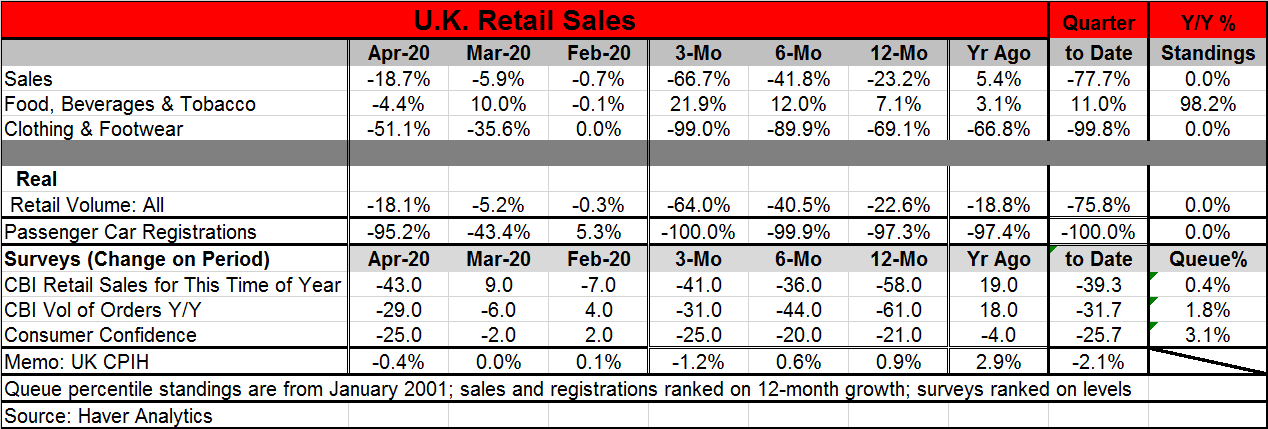
Robert Brusca
AuthorMore in Author Profile »Robert A. Brusca is Chief Economist of Fact and Opinion Economics, a consulting firm he founded in Manhattan. He has been an economist on Wall Street for over 25 years. He has visited central banking and large institutional clients in over 30 countries in his career as an economist. Mr. Brusca was a Divisional Research Chief at the Federal Reserve Bank of NY (Chief of the International Financial markets Division), a Fed Watcher at Irving Trust and Chief Economist at Nikko Securities International. He is widely quoted and appears in various media. Mr. Brusca holds an MA and Ph.D. in economics from Michigan State University and a BA in Economics from the University of Michigan. His research pursues his strong interests in non aligned policy economics as well as international economics. FAO Economics’ research targets investors to assist them in making better investment decisions in stocks, bonds and in a variety of international assets. The company does not manage money and has no conflicts in giving economic advice.



